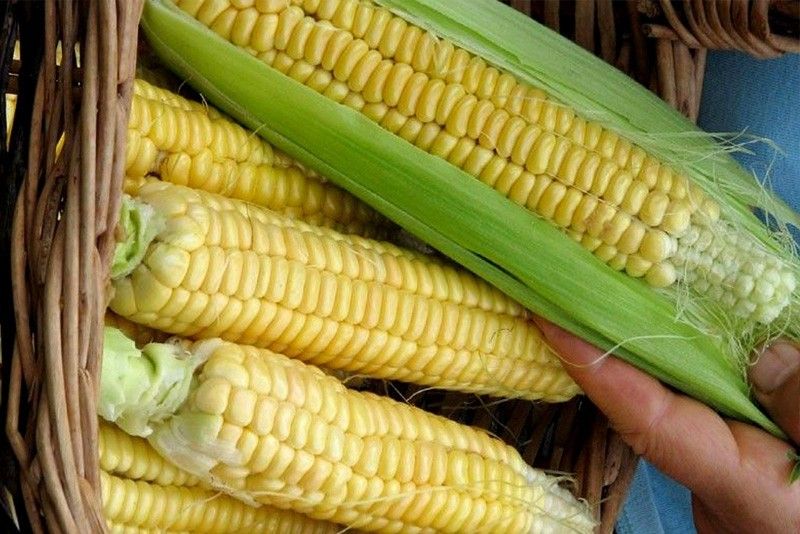Pinoy biotech corn rowers earn $724 million from 2003-2016

MANILA, Philippines — Nearly half a million Filipino farmers earned a combined $724 million from planting biotech maize from 2003 to 2016.
“These immense economic gains are continuously benefiting more than 470,500 farmers and their families in the last 14 years of Bt maize commercialization in the Philippines,” the International Service for the Acquisition of Agri-biotech Applications (ISAAA) said.
ISAAA is a non-profit organization with a global network of centers that share knowledge and crop biotechnology applications. The network includes the Southeast Asian Center Regional Center for Graduate Study and Research in Agriculture.
Bt stands for Bacillus thuringiensis, a bacterium that naturally occurs in soil. It has been introduced in a corn variety through the scientific process called genetic engineering.
Bt corn produces its natural pesticide against the Asian corn borer, the most destructive pest attacking corn in the Philippines as well as in other parts of Asia.
Commercial production of biotech or genetically modified (GM) maize began in the Philippines in 2003 following the strict regulations set by the Department of Agriculture for biotech applications.
“Through this, the Philippines became the first country to plant a biotech crop in Southeast Asia,” ISAAA said.
Last year, the Philippines devoted 642,000 hectares to biotech crops, making it the top 13 biotech mega-country next to the US, (75 million ha), Brazil (50 million ha), Argentina (24 million ha), Canada (13 million ha), India (11.4 million ha), and Paraguay, Pakistan, China, South Africa, Bolivia, Uruguay, and Australia (3 million ha and below).
The biotech crops planted across the world last year were maize, soybean, cotton, canola, sugar beets, potato, squash, alfalfa, papaya, eggplant, and pineapple.
With GM maize soaring to great heights, more genetically engineered plants are in the product development pipeline. These include golden rice, cotton, eggplant, and papaya.
“The science community in the Philippines and farmer groups are fully supportive of the technology and are working together to improve and make it more transparent and efficient,” ISAAA said.
“The biotech crops that are in the pipeline may take some years before they are commercialized, but the overwhelming benefits target the developing countries to tackle problems such as vitamin A deficiency (for golden rice), rampant use of harmful pesticides and low yield (for eggplant and cotton), and viral diseases (for papaya ring spot virus-resistant papaya),” it added.
- Latest

























